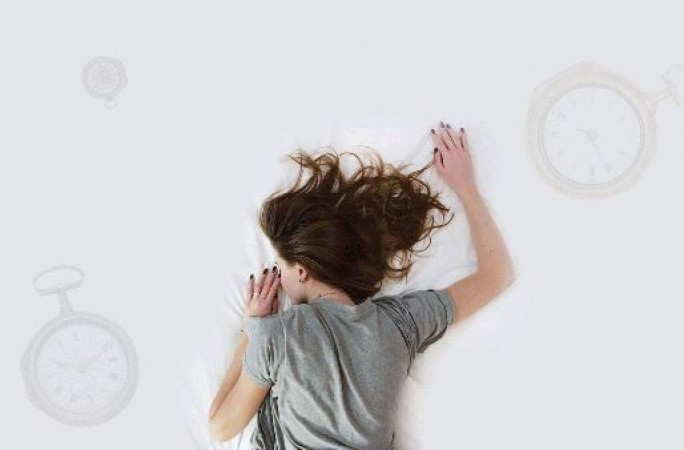
Blue light is a prominent component of the visible light spectrum that is characterized by its short wavelength and high energy. It is emitted by various sources in our daily lives, such as the sun, electronic devices like smartphones and computers, and LED lighting. While blue light is essential during the daytime for alertness and cognitive function, excessive exposure to it, especially during the evening and nighttime, can disrupt our circadian rhythm, affecting our sleep and overall health.
The circadian rhythm, often referred to as the body's internal clock, is a natural, biological process that regulates various physiological and behavioral patterns over a 24-hour cycle. This intricate system is influenced by external cues, primarily light and darkness, to help us maintain a balanced sleep-wake cycle and synchronize with the day-night cycle.
A key player in the circadian rhythm is melatonin, a hormone produced by the pineal gland in the brain. Melatonin secretion is closely tied to environmental light cues, particularly the absence of light. When it gets dark, the pineal gland releases melatonin, signaling to the body that it's time to prepare for sleep. Conversely, when exposed to light, especially blue light, melatonin production decreases, making us more alert and awake.
Sunlight: Natural sunlight contains a significant amount of blue light, which is crucial for maintaining our circadian rhythm during the day.
Electronic Devices: Smartphones, tablets, computers, and televisions emit artificial blue light, and prolonged use of these devices in the evening can interfere with our sleep-wake cycle.
Blue light exposure, particularly in the evening and night, can have several adverse effects on our circadian rhythm and sleep patterns:
Delayed Sleep Onset: Staring at screens before bedtime delays the body's natural melatonin release, making it harder to fall asleep promptly.
Reduced Sleep Quality: Even if you manage to fall asleep, the presence of blue light can lead to fragmented and less restorative sleep, leaving you feeling fatigued the next day.
Shifted Circadian Rhythm: Prolonged exposure to artificial blue light can shift your internal clock, causing you to feel more awake at night and groggy during the day.
Increased Risk of Sleep Disorders: Chronic blue light exposure has been linked to an increased risk of sleep disorders like insomnia and sleep deprivation.
Use Blue Light Filters: Many electronic devices now offer blue light filter settings that reduce the emission of blue light during the evening.
Limit Screen Time Before Bed: Establish a digital curfew by reducing screen time at least an hour before bedtime to allow melatonin production to begin naturally.
Invest in Blue Light Blocking Glasses: These glasses can help reduce the impact of blue light on your circadian rhythm by filtering out harmful wavelengths.
Choose Warm Lighting: Opt for warmer, incandescent lighting in your home during the evening, which emits less blue light compared to LED or fluorescent lighting.
In summary, blue light is a double-edged sword. It plays a crucial role in regulating our circadian rhythm during the day but can disrupt it when encountered in excess during the evening and night. Understanding the sources of blue light and adopting strategies to mitigate its effects on sleep can help you maintain a healthier sleep-wake cycle and overall well-being.
Be careful if you drink bottle gourd juice daily, otherwise this disease may occur
Govt Launches Ayushman Bhava Program on PM Modi's Birthday for Healthcare Access
Mandaviya Emphasizes Govt's Commitment to Healthcare Coordination with States